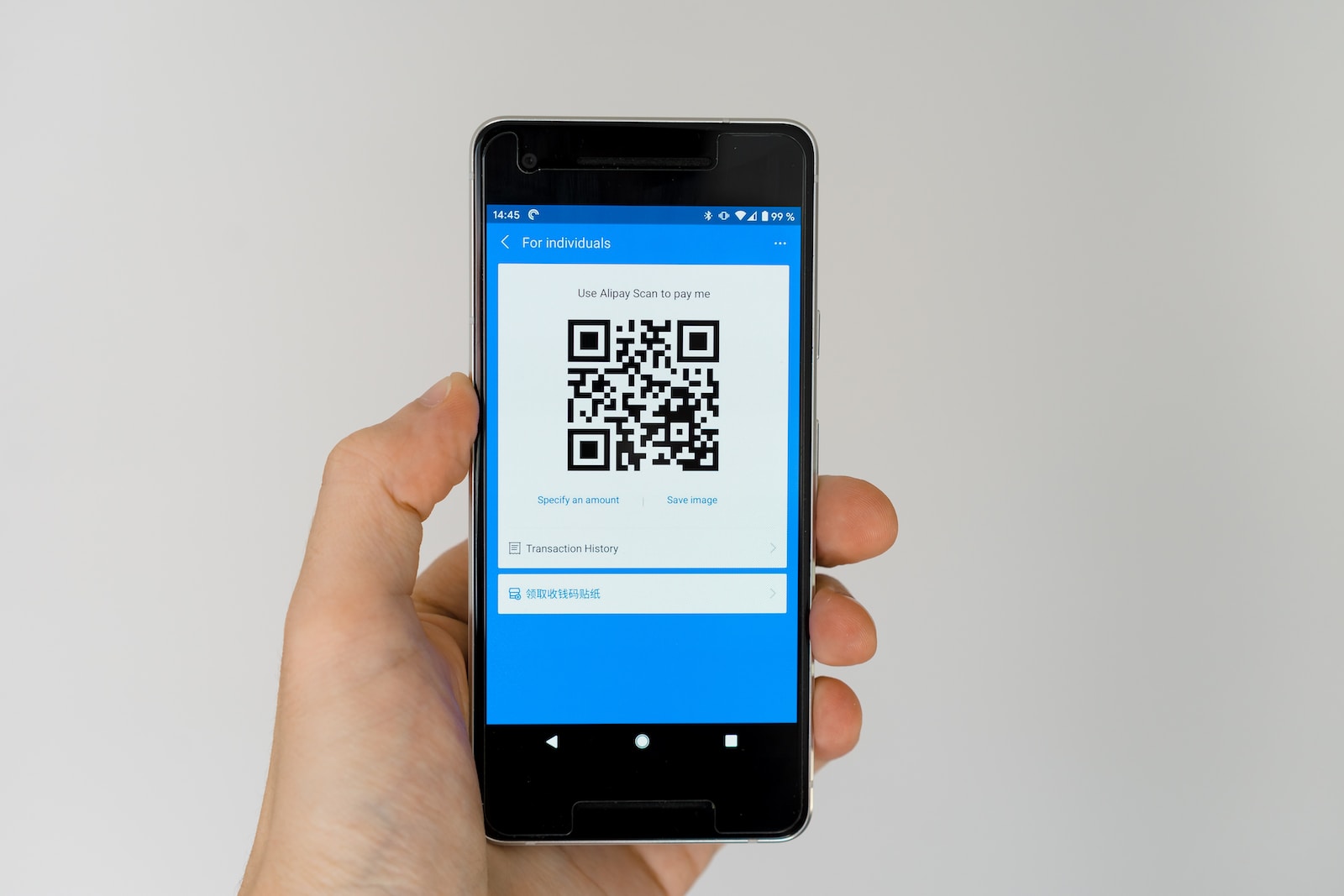
Why You Need Cyber Liability Insurance for QR Codes
Your business must account for changing risks and exposures to secure its financial stability and continue pursuing its mission. In the digital era, conducting this due diligence includes thorough consideration of cyber risks and threats. Potential cyber exposures and cyberattacks are constantly evolving as technology advances and cybercriminals adapt their tactics, including the use of new innovations, such as QR codes.
What Are QR Codes?
You’ve probably seen a QR code at some point. These are white, square-shaped images that include a specific pattern of black markings and may somewhat resemble a barcode. In many uses, these tools became more popular during the COVID-19 pandemic, as they may offer contactless opportunities to use your smartphone’s camera to conduct various operations, such as making purchases, viewing restaurant menus and visiting websites.
What Are the Cyber Risks Associated With QR Codes?
Scanning a QR code can have severe ramifications for personal and business devices and cybersecurity. These codes could contain links to malicious websites that ask you to enter private or financial information or may facilitate a malware infection. These schemes may be hidden among everyday tasks both in the real world and cyberspace, such as the following:
- Transactions—Cybercriminals may post fraudulent QR codes in areas where they expect you to make payments for goods or services (e.g., bus stops or parking meters) or may use them when facilitating a transaction online. This can lead to you providing credit card information on a fraudulent website to which you are redirected.
- Emails—Phishing scams are among the most common tactics cybercriminals use, and QR codes have provided a new type of ammunition for such attacks. When opening emails, be absolutely sure that you have verified the sender’s identity and the validity of any QR codes before scanning them.
- Advertisements—Potentially malicious QR codes may be posted all over your community, such as on street signs and public bulletin boards. These scams may often include tempting offers and incentives to scan the code while leading you to malicious websites or otherwise compromise your device.
How Can Cyber Liability Insurance Help?
Cyber liability insurance can provide critical financial assistance if your electronic devices or data are compromised by a QR-related cyber incident. While exact capabilities and limitations may vary, these policies can generally help pay for the following expenses and losses:
- Incident response costs, such as hiring digital forensics investigators and notifying affected parties (e.g., customers and clients whose private data may have been exposed)
- Hiring additional services, such as credit and fraud monitoring companies for affected parties and public relations firms to mitigate reputational harm
- Cyberextortion payments, such as those required to meet the demands of a cybercriminal who has used a QR code to infect your devices, systems or networks with ransomware
- Business interruption losses, such as those arising from a cyber incident delaying or disrupting your normal operations
- Noncompliance fines issued by regulatory bodies
- Legal expenses, such as attorney fees, court costs, settlements and judgments following lawsuits related to a cyber incident
Get the Right Coverage
At Academy Insurance Agency Inc., we understand the serious danger cyber risks and exposures may impose on your organization. Even a single ill-advised click or scanning of a QR code could jeopardize your business’s financial stability. With this in mind, acquiring and maintaining adequate cyber liability insurance may prove to be a critical investment. Contact us today to learn more about your options.
This blog is intended for informational and educational use only. It is not exhaustive and should not be construed as legal advice. Please contact your insurance professional for further information.
Categories: Blog
